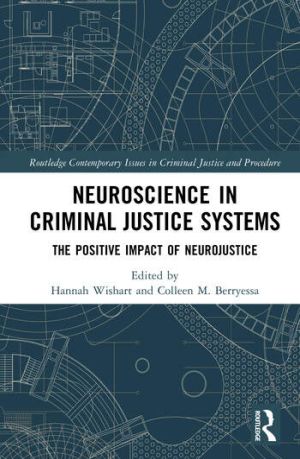
This edited collection shows the tangible and positive impacts neuroscience is having in specific jurisdictions for individuals involved in the criminal justice system as witnesses, victims, defendants and legal practitioners. Over the last 30 years, neuroscience has significantly informed legal, philosophical, and doctrinal discussions by deepening our understanding of the relationships between the brain, mind, and criminality. By embracing a practical and realist approach, this book explores the fundamental question of what and how neuroscience has been concretely contributing to criminal justice, with a specific focus on international systems. Notably, the volume brings together perspectives to discuss neuroscience's positive impact on the global criminal justice process. It provides an overview of different legal dimensions that have been thus far positively impacted by neuroscience, as well as some discussion on its future applications to improve the treatment of system-impacted people. To this aim, the book covers two key areas: criminal trials; and punishment, treatment, and reform.
This work will appeal to academics, criminal lawyers, judges, policy-makers and reformers interested in how neuroscience contributes to meaningful changes in the criminal justice system. The reader will gain significant insights into neuroscience's present and immediate future contributions to different dimensions of the criminal justice process through original exploration by legal academics and practitioners.